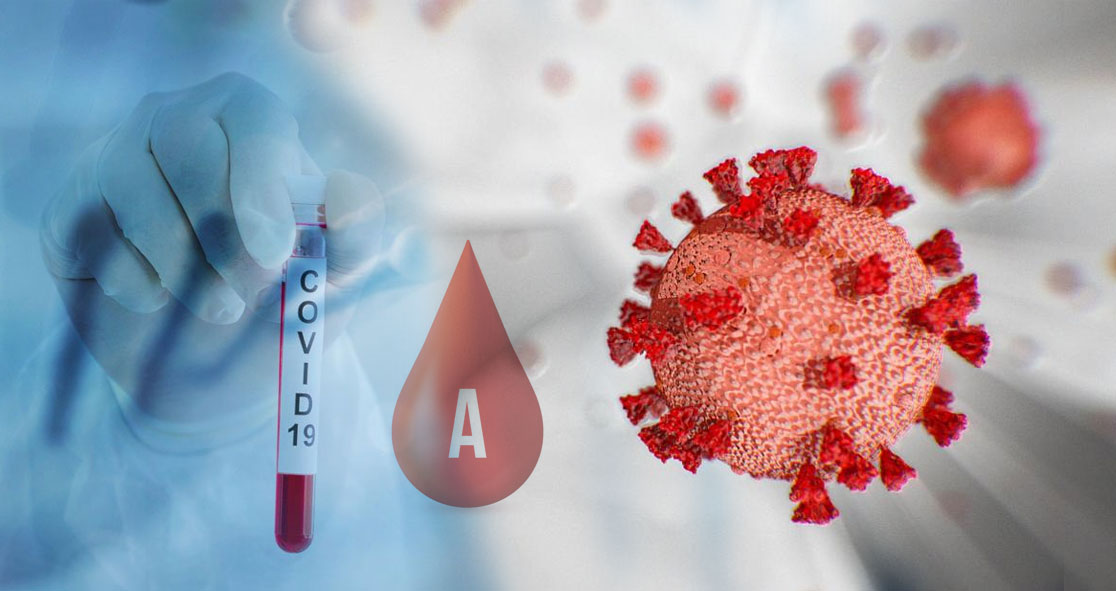Two recent studies have found that people with blood type A are at a greater risk of developing severe COVID-19 infection and are at a higher risk of contracting the disease in another.
Co-author Dr. James Szymanski of Montefiore Medical Center and Albert Einstein College of Medicine in New York City told Reuters Health, “The two studies are complementary. Our study adds support that blood group A may confer a higher risk, whereas the other study gives one possibility as to the ‘how’ part. That study provides evidence that the SARS-CoV-2 receptor-binding domain (RBD) directly interacts with respiratory cells through the blood group A antigen.”
“ABO blood type is a nonmodifiable risk factor,” he added, “and current studies show the strength of the association as being limited. Future studies need to prospectively confirm the association of ABO blood group with SARS-CoV-2 and further characterize the specific biological mechanisms that underlie it.”
Dr. Szymanski and his team analyzed electronic health records of nearly 5,000 patients who were hospitalized or went to ER and tested positive for COVID, between March 10, 2020, and June 8, 2020. According to the team, the overall mortality rate was 23%.
More importantly, they found that type A blood was associated with an increased risk of death among COVID-19 patients than those with type O and type B.
In a separate experiment, Dr. Sean Stowell of Brigham and Women’s Hospital in Boston and his team investigated the mechanism by which blood group antigens, especially those with blood group A, might influence the risk for COVID infection.
The team reported the findings in Blood Advances. They found that the SARS-CoV-2 RBD protein (the part of the virus that attaches to the host cells) had a strong preference for binding to type A blood group on respiratory cells only.
Dr. Stowell told Reuters Health, “Whether blood group status truly influences the risk of SARS-CoV-2 infection or outcomes remains to be determined.”
“There is no indication that patients should be managed differently because of their blood type,” he added. “As our understanding regarding the possible influence of blood group antigens on SARS-CoV-2 infection grows, it may be possible in the future to leverage this information to develop strategies to reduce infection risk. However, many studies need to be done before it is clear whether such strategies may even be possible.” The article was published Tuesday on Medscape Medical News.























